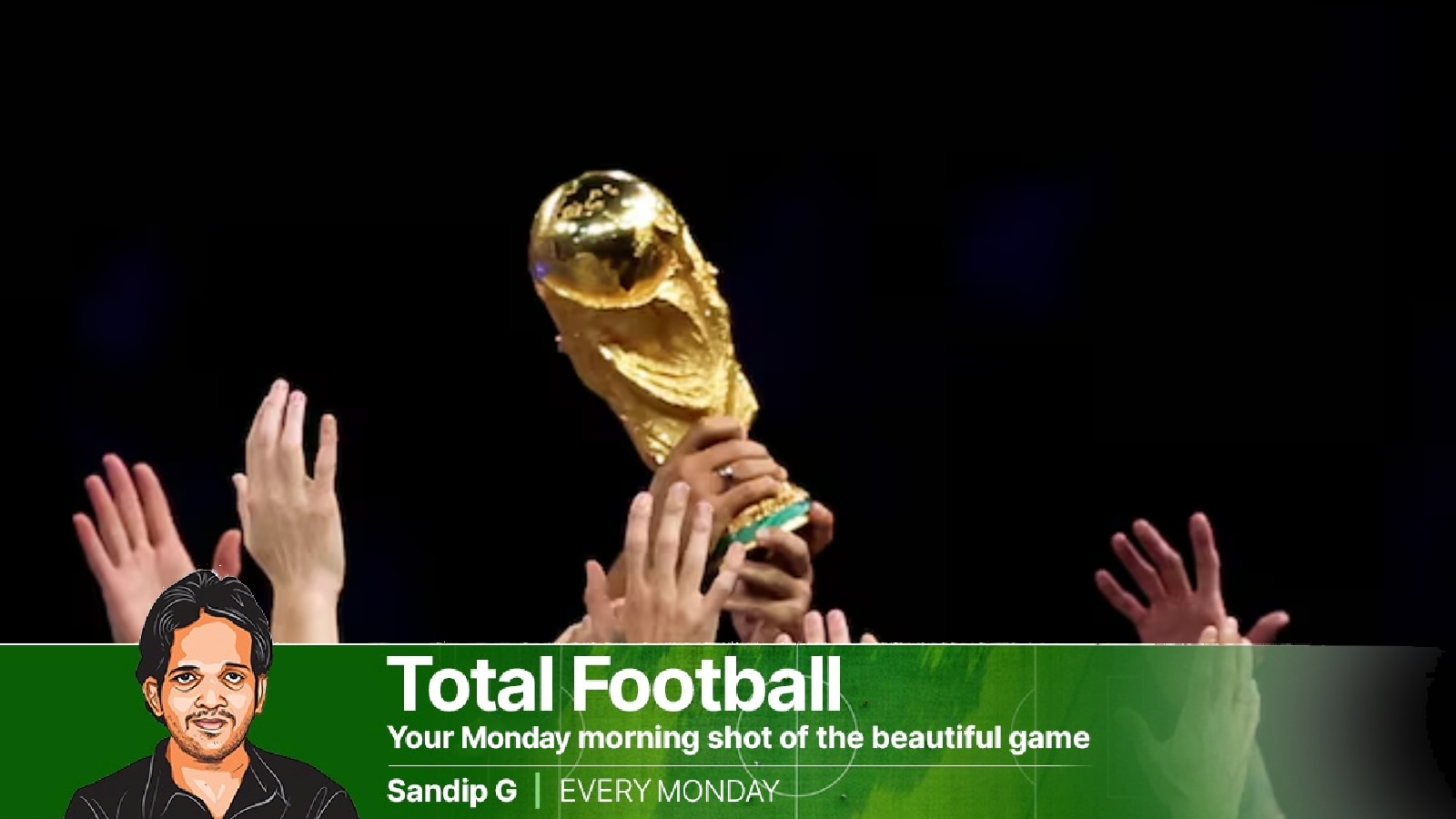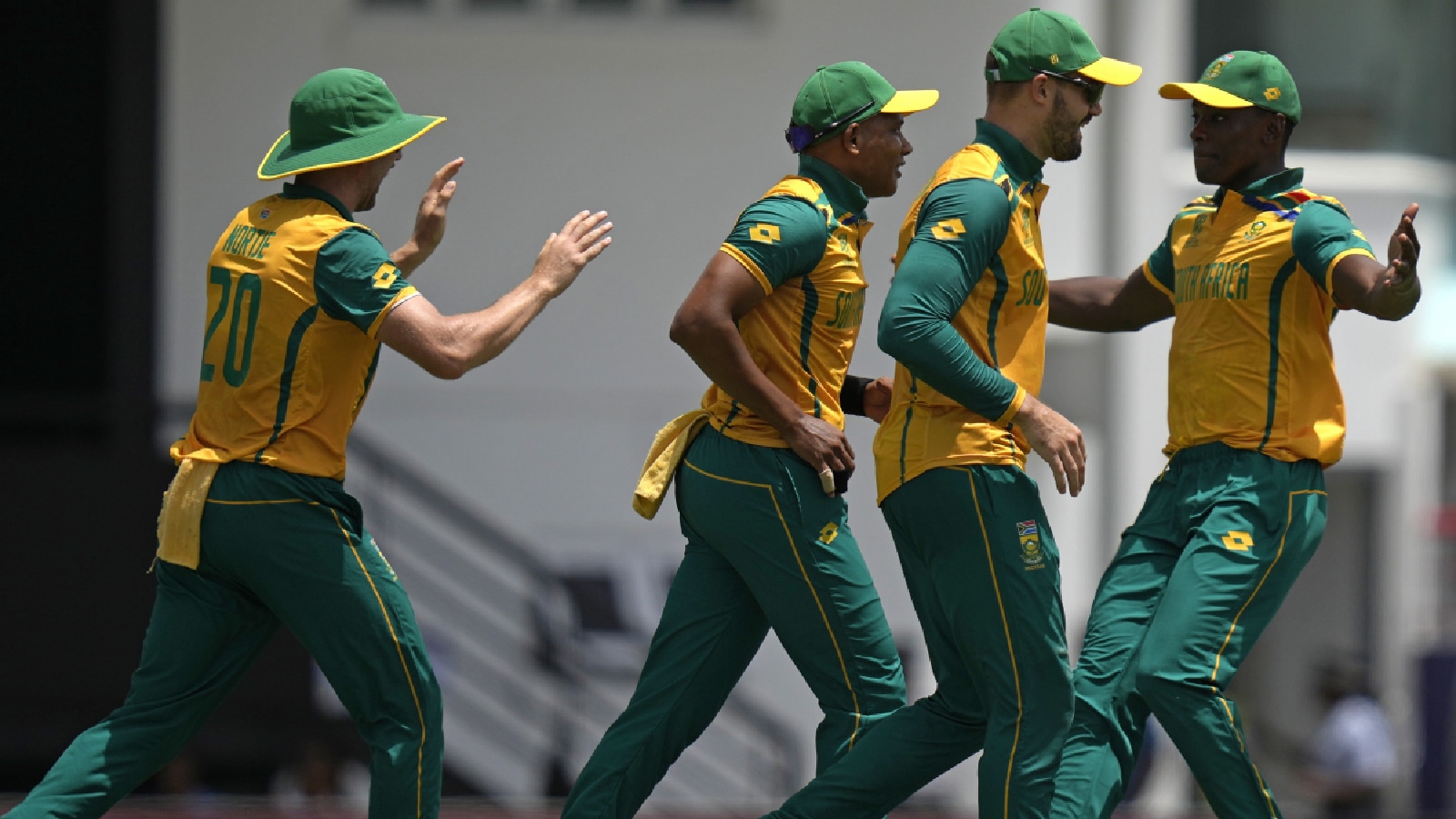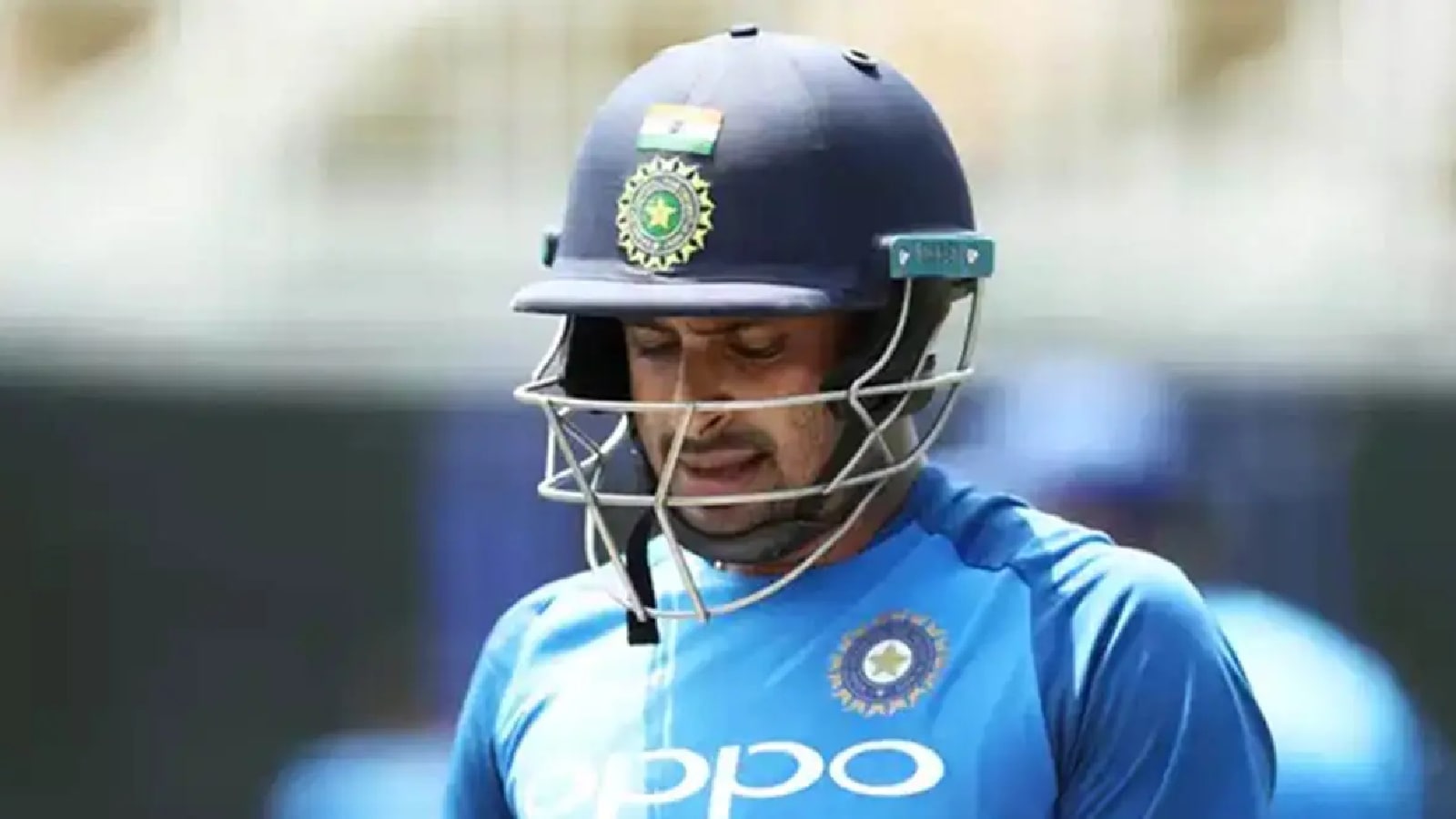In the Iranian movie Offside, a group of girls disguise themselves as boys to defy the only-male rule and sneak into a stadium to watch Iran’s qualifier for the 2006 World Cup. Shot during a real match at a real stadium, with two improvised climaxes, the movie was intended as a comedy. While it delivered the laughs, it also captured the plight of football’s female fans in the Middle East.
The movie that won global acclaim was released in 2006, although it took another 17 years for women to enter a stadium in Iran without passing off as boys. In December 2023, 3,000 women swarmed into the stands of the suitably-title Azadi Stadium to watch the Tehran derby between Persepolis and Esteghlal.
Beyond the Persian Gulf, in Saudi Arabia, the gates of three stadiums were opened for the first time for women in 2018. In its global image makeover exercise, Saudi relaxed its stringent, draconian laws on women’s freedom. A year later, they relaxed the guardianship norms, which gives a man legal responsibility for a woman’s choices. Some of the diktats still exist, but women needn’t seek husbands’ approval to watch a football game, at least.
In 2020, a women’s league was constituted. Two years later, Saudi women played their first-ever international game, a friendly against Mauritius. Remarkably, players were not bound to wear the hijab. It was Saudi officials who lobbied FIFA to ban the hijab in football. Six years on, with the Saudi League glamourising with celebrated footballers from Europe, Africa and Latin America, spotting women in stands, although not bouncing in the aisles or shrieking or whistling like those in Europe or Americas, is no longer rare. Women can drive and enter a restaurant on their own too. Until a few years’ ago, there were two doors to enter a restaurant. One for the family; one for men. Now, they can register for a divorce too.
But the question lingers: How friendly would Saudi Arabia be to women during the 2034 World Cup? The country ranked 126th among 146 countries in the World Economic Forum’s Global Gender Gap report last year. In 2022, they occupied the 136th place. Nearly a dozen women’s rights activists are serving their terms in prisons. For decades, religious police officers roamed the streets hunting for unmarried couples and shouting at women to cover up.

Their image revamp endeavour took a turn for the worse when partners of Real Mallorca players alleged they were “harassed” during their Supercopa de Espana semi-final against Real Madrid last week.
Partner of Dani Rodriguez, Cristina Palavra told Esports IB3: “We were with our children and there was no security. The truth is that the guys from this country (Saudi Arabia) started taking photos of us up close and harassed us. We felt disoriented because nobody was protecting us.”
Natalia Kaluzova, the partner of Dominik Greif, told Marca that “a group of people came towards us and made videos of us, they pushed us, they insulted us in Arabic, they recorded us without consent and there were attacks.”
Some of the travelling female fans complained of lack of adequate lavatories for women and were inappropriately touched. The Federation of Shareholders and Members of Spanish Football issued a statement condemning the fans’ behaviour. “We’ve spent years relocating our Supercopa to a country where fundamental rights aren’t respected and which lead to a risk for male fans and, above all, for female fans who travel there.”
Turning a new leaf
The incidents come at a time when Saudi Arabia is trying its best to improve its image in the Western world. But the country could draw inspiration from Qatar — a country yet to criminalise domestic violence or sexual assault and ranks worse than Saudi (130) in the Global Gender Gap report. Similar apprehensions swirled before the World Cup in 2022. But the edition turned out to be one of the safest for women. Heavily manned by police and armed forces, importing thousands of retired Army officers from Pakistan, women hardly felt unsafe even in the dead of the night. Women and children thronged touristy areas such as Souq Waqif and fan zones spread all over the city. In the stadium, too, there was barely an instance of sexual harassment or inappropriate behaviour.
The ban of alcohol in stadiums was cited as one of the reasons for a lower incidence of any type of violence. Liquor laws are stricter in Saudi, where there is just one outlet in the entire country to buy alcohol. It is unlikely that the government would relax the rule nine years later either. Though the Gender Gap remains, Saudi, according to the World Population Review, is not as dangerous for women travellers as Russia (2018 hosts), Brazil (2014) or Mexico (2026 co-hosts), or India. It ranks lower in crimes against women than every South Asian country. Saudi Arabia even won an uncontested bid to lead a United Nations body dedicated to women’s rights for the 2025 session.
Between 2025 and 2034 though, the country could do its bit to educate its citizens about in-stadia behaviour during the World Cup. Perhaps, it could start from its moneyed league games, so that women needn’t hit the stadiums disguised as boys. The complaints of Spanish fans during the Supercopa de Espana should be a rap on the knuckles. Much has changed, but much remains to be changed.
I’m Manas Ranjan Sahoo: Founder of “Webtirety Software”. I’m a Full-time Software Professional and an aspiring entrepreneur, dedicated to growing this platform as large as possible. I love to Write Blogs on Software, Mobile applications, Web Technology, eCommerce, SEO, and about My experience with Life.





